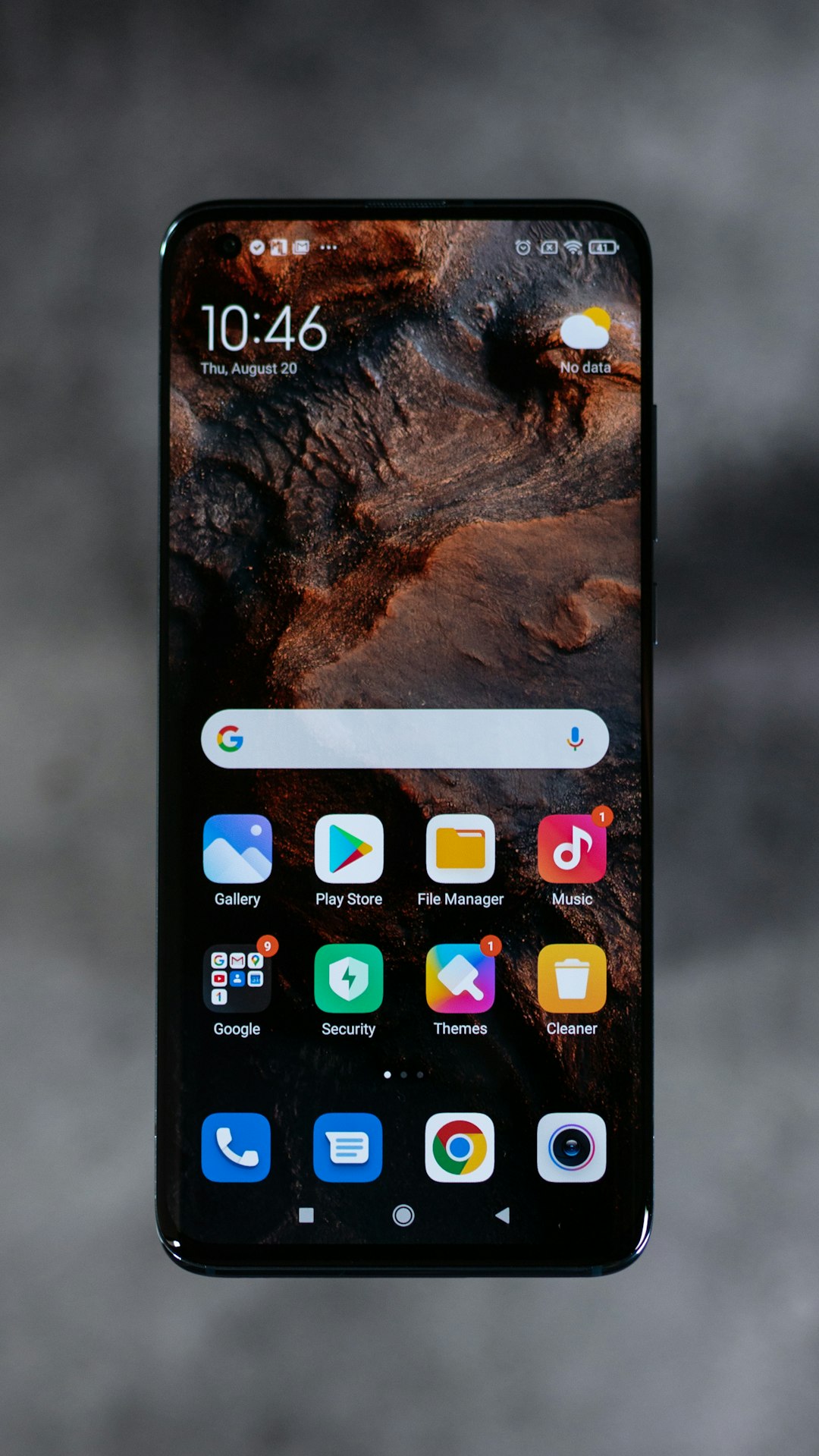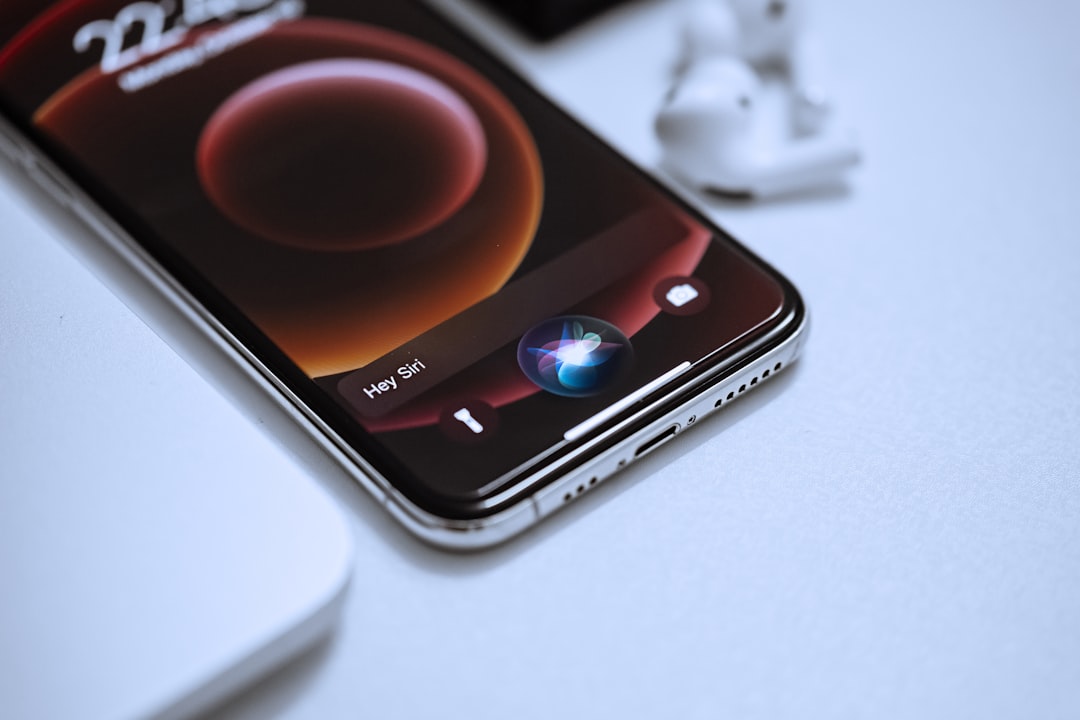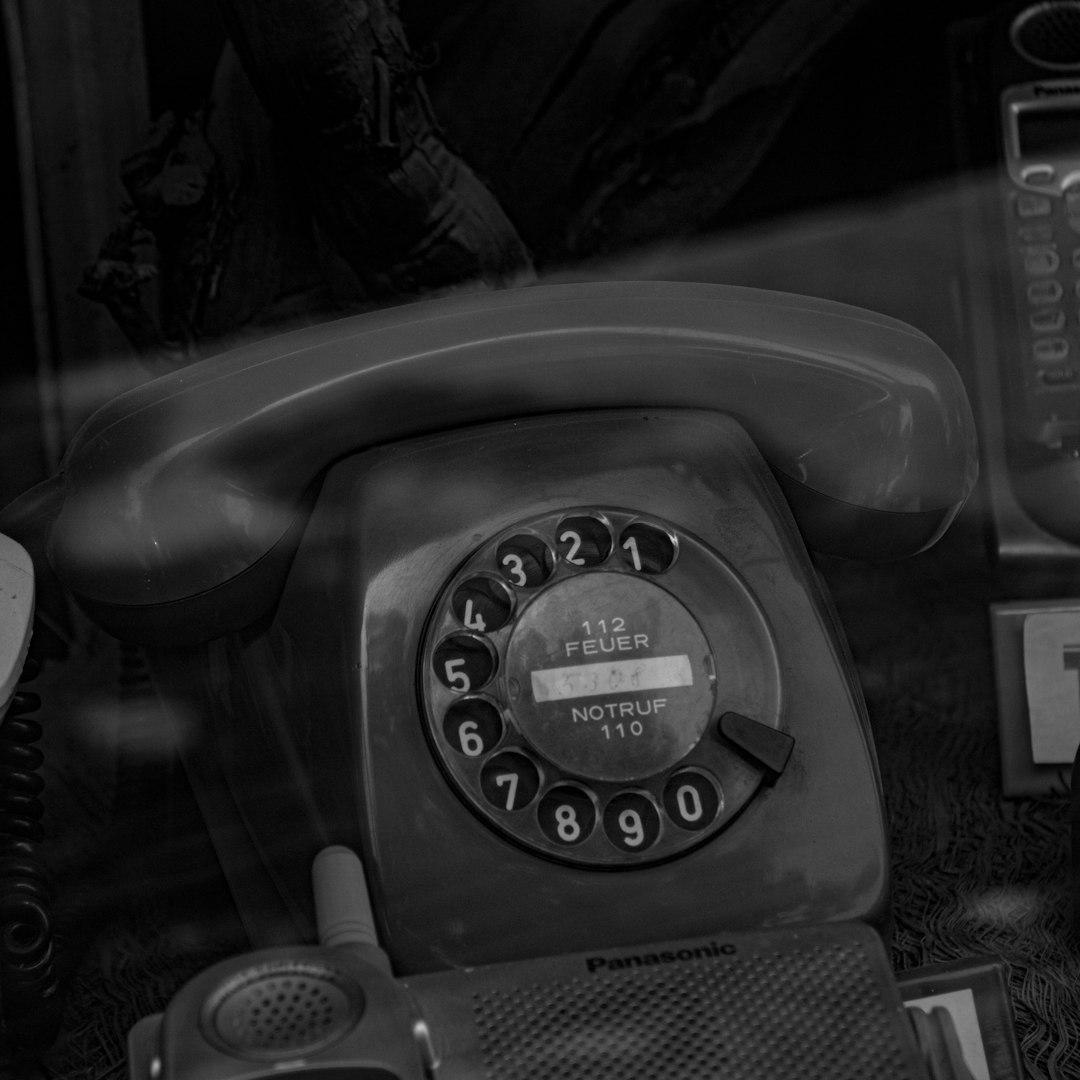Nebraska's texting ban law bans drivers from sending or reading texts while driving as a secondary offense. Offenders face fines, license points, and potential insurance rate increases. Consulting a lawyer for Do Not Text Laws Nebraska is advised for legal guidance, compliance, and understanding the implications of breaking these regulations.
“Nebraska has joined the growing list of states with a texting ban, but with a unique twist—it enforces it only as a secondary offense. This means that while drivers cannot text while behind the wheel, they can be pulled over only if they’re first caught violating another traffic law. Understanding this nuance is crucial for both drivers and lawyers navigating Nebraska’s Do Not Text Laws. This article delves into the specifics of the new rule, its implications for drivers, enforcement procedures, legal exceptions, and offers insights from a lawyer specializing in these laws.”
Understanding Nebraska's Texting Ban Law

Nebraska’s texting ban law prohibits sending or reading text messages while driving. What makes this unique is that it enforces the ban as a secondary offense, meaning an officer must first stop a driver for another violation before they can issue a citation for texting. This approach differs from many other states where texting while driving is a primary offense.
Understanding Nebraska’s law requires drivers to know that a convicted offender faces fines and potential points on their license. Engaging in this behavior can also lead to increased insurance premiums. For those looking for legal guidance, consulting a lawyer specializing in Do Not Text Laws in Nebraska is advisable to ensure compliance and understand the implications of breaking these regulations.
What Does the New Rule Mean for Drivers?

The new texting ban in Nebraska, enforced as a secondary offense only, significantly changes the driving experience for residents. Previously, drivers could face primary citations for texting while driving, but now it requires an additional violation to be pulled over and ticketed. This means that law enforcement will first need to observe another traffic infraction before addressing a driver who is sending or reading text messages. For drivers, this translates into heightened awareness of their surroundings on the road. They must focus on primary tasks like maintaining speed and distance from other vehicles, ensuring safe navigation without relying on their phones.
A lawyer for Do Not Text Laws in Nebraska can help clarify these new rules and guide drivers on how to stay within legal boundaries. Drivers are encouraged to put their phones away while behind the wheel to avoid potential penalties. With this new regulation, Nebraska aims to reduce distracted driving accidents and promote safer highway practices, making the roads a less perilous place for all users.
Enforcement: When and How Are Offenses Handled

In Nebraska, violations of the Do Not Text laws are primarily handled as secondary offenses. This means that law enforcement can only cite a driver for texting behind the wheel if they have first pulled them over for another primary violation, such as speeding or running a red light. The officer must witness the texting behavior in order to issue a ticket.
Enforcement procedures vary depending on the jurisdiction within Nebraska. A driver caught texting may receive a citation and face fines and potential penalties, which can include community service or attending defensive driving courses. For those seeking guidance on these laws and their rights, consulting with a lawyer specializing in Do Not Text Laws Nebraska is advisable to understand the legal implications and potential defenses available.
Exceptions: When Texting Is Legal on the Road

In Nebraska, while a comprehensive texting ban is in place to enhance road safety, there are specific circumstances where sending texts behind the wheel is permitted. These exceptions are designed to allow drivers to stay connected under certain conditions. For instance, if a driver is pulled over and stopped entirely, they may use their phone to make or receive calls, or to send text messages. This includes instances where emergency services are involved, providing a crucial communication channel for urgent matters.
Additionally, navigation applications are another area where texting is legal while driving. Using apps like Waze or Google Maps to get directions does not violate the state’s Do Not Text Laws, offering a practical solution for drivers seeking safe and efficient routes. However, it’s paramount to remember that these exceptions come with responsibilities; drivers must ensure their actions remain safe and do not endanger themselves or others on the road. Consulting a lawyer specializing in Nebraska’s Do Not Text Laws can provide further clarity and guidance on navigating these regulations.
A Lawyer's Perspective: Navigating Do Not Text Laws

In the legal landscape surrounding Do Not Text laws, a lawyer’s role is pivotal in guiding clients through the complexities of these regulations. When it comes to Nebraska’s texting ban, which operates as a secondary offense, attorneys play an even more critical part. They must educate their clients on the nuances of the law, ensuring compliance without compromising client rights. This involves strategizing defensive measures for potential cases and advocating for fair enforcement, especially considering the challenges presented by evolving digital communication methods.
A lawyer specializing in Do Not Text Laws in Nebraska is equipped to navigate this territory, balancing public safety objectives with individual freedoms. They stay abreast of legal precedents and technological advancements, ensuring their clients remain informed and accountable under the law. This proactive approach not only helps individuals avoid penalties but also fosters a culture of responsible texting habits, contributing to safer roads and communities.






